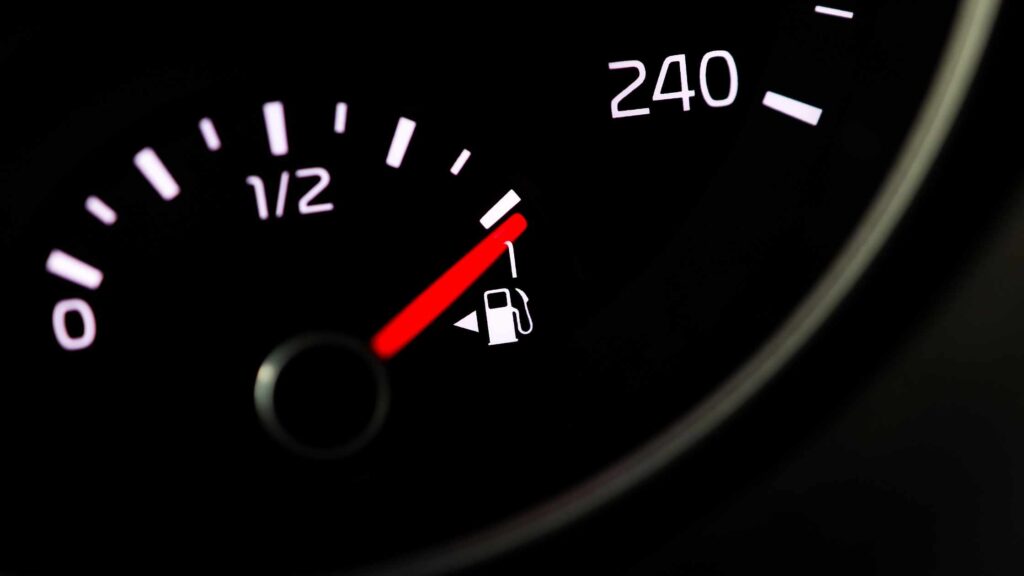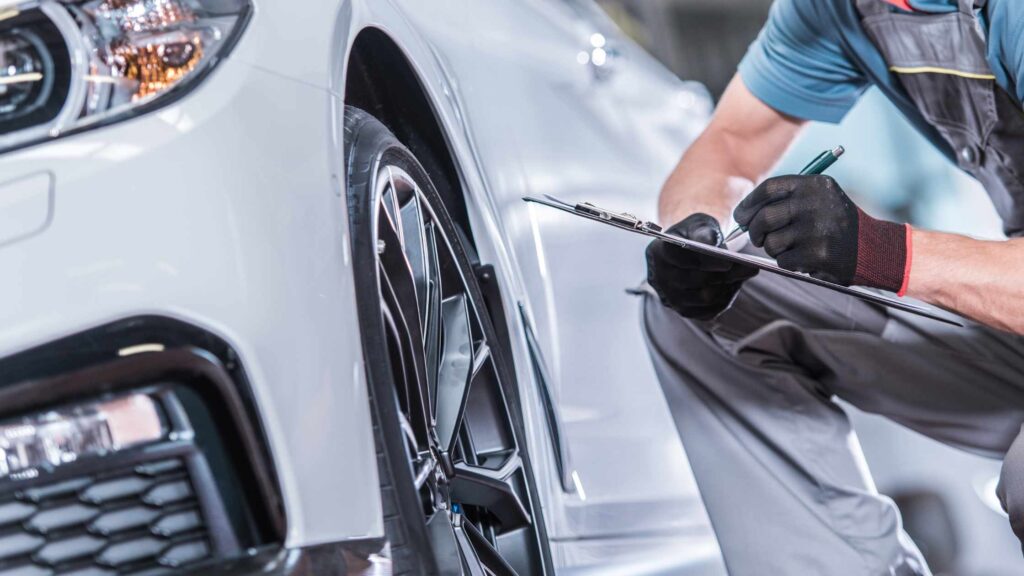Introduction
In today’s world, where fuel costs often consume a significant portion of our budget, finding ways to improve fuel efficiency has become vital. Luckily, there are several simple yet effective strategies you can adopt to reduce fuel consumption and save money on gas. By implementing these practical tips, you can maximize your vehicle’s fuel economy and contribute to a greener planet. So, let’s dive right in!
Keep Your Tires Properly Inflated
One of the most overlooked factors affecting fuel efficiency is tire pressure. Driving with underinflated tires can decrease fuel economy and lead to additional wear and tear on your vehicle. To improve fuel efficiency, regularly check your tire pressure and ensure it matches the recommended level specified by the manufacturer. Properly inflated tires can go a long way in reducing resistance, improving mileage, and increasing overall fuel efficiency.
Drive Smoothly and Avoid Aggressive Driving
Aggressive driving habits, such as sudden accelerations, excessive braking, and speeding, not only compromise safety but also negatively impact fuel efficiency. By driving smoothly and adopting a more relaxed approach, you can significantly improve your vehicle’s fuel economy. Gradual accelerations, maintaining a consistent speed, and anticipating road conditions can help you save precious fuel and reduce the overall wear on your vehicle’s engine.
Limit Excess Weight and Remove Roof Racks
Carrying around unnecessary weight in your vehicle can have a significant impact on fuel efficiency. Remove any items from your car that you don’t need, such as heavy luggage, tools, or equipment. Additionally, if you have roof racks installed but don’t regularly use them, consider taking them off. Roof racks increase wind resistance, causing your vehicle to work harder and burn more fuel. By reducing excess weight and minimizing aerodynamic drag, you can improve your fuel efficiency and save on gas.
Regularly Maintain Your Vehicle
Routine vehicle maintenance plays a crucial role in improving fuel efficiency. Schedule regular servicing and follow the recommended maintenance schedule provided by your vehicle’s manufacturer. Regular oil changes, air filter replacements, and spark plug inspections can optimize your engine’s performance and maximize fuel economy. Additionally, a well-maintained vehicle is often more fuel-efficient and tends to last longer, saving you from costly repairs down the road.
Utilize Cruise Control on Highways
When driving on highways or long stretches of road, utilizing cruise control can help you maintain a consistent speed and save on fuel. Cruise control eliminates unnecessary speed fluctuations and reduces fuel consumption by keeping your vehicle at a steady pace. However, it is essential to note that cruise control may not be as efficient in hilly or winding terrains, where manual speed adjustments may be required for optimal fuel economy.
Avoid Excessive Idling
Leaving your vehicle engine running while waiting for extended periods can contribute to unnecessary fuel wastage. If you anticipate being stationary for more than a minute, consider turning off your engine. Restarting your vehicle uses less fuel than idling for an extended period. By avoiding excessive idling, you can improve fuel efficiency and save on gas.
Plan Efficient Routes and Combine Errands
Planning your routes and consolidating multiple errands into one trip can help you minimize unnecessary driving and reduce fuel consumption. By strategically organizing your daily activities, you can create a more efficient travel plan, thereby optimizing fuel efficiency. It also helps to avoid rush hour traffic, if possible, as constant stop-and-go driving significantly decreases fuel economy.
Consider Using Synthetic Motor Oil
When it’s time for an oil change, consider switching to synthetic motor oil. Synthetic oils offer improved lubrication, reduced friction, and better temperature resistance compared to conventional oils. By using synthetic motor oil, you can potentially increase your vehicle’s fuel efficiency and extend engine life. Although synthetic oils may have a slightly higher price tag, the long-term benefits make them a worthy investment.
Summary
Improving fuel efficiency and saving on gas doesn’t have to be a challenging task. By implementing these simple yet effective strategies, you can enhance your vehicle’s fuel economy and enjoy the financial savings that come with it. Remember to keep your tires properly inflated, drive smoothly, reduce excess weight, maintain your vehicle regularly, utilize cruise control, avoid excessive idling, plan efficient routes, and consider switching to synthetic motor oil. By incorporating these tips into your driving habits, you can make a significant impact on both your wallet and the environment. So start implementing these fuel-saving techniques today and experience the benefits firsthand!







